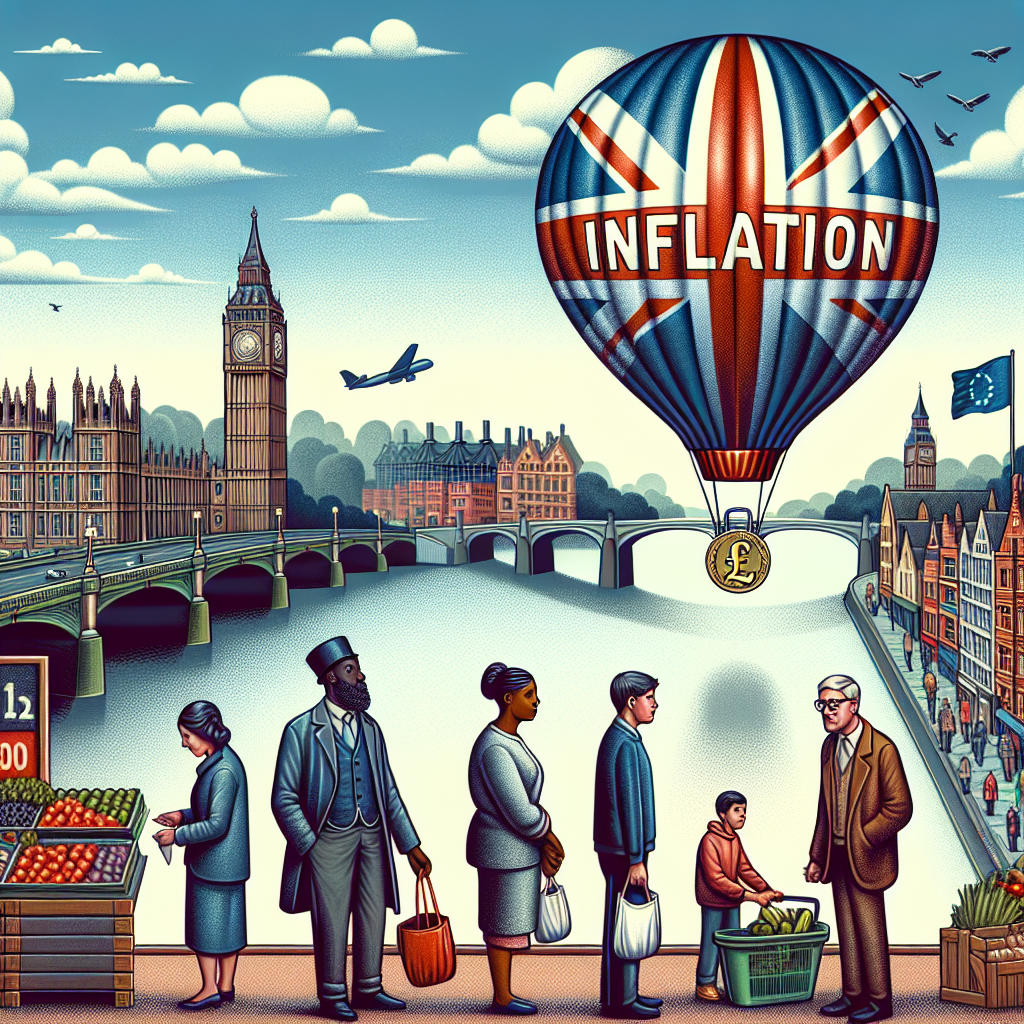UN Expert: Austerity-Driven Welfare Cuts Fuel Rise of Far-Right Populism Globally
“Welfare reform in the name of austerity and efficiency has alienated millions of people living in poverty and played into the hands of a far right looking to exploit discontent,” De Schutter said.

A scathing new report from the United Nations has warned that the widespread dismantling of social protection systems has created an environment ripe for the rise of far-right populist movements across the globe. Olivier De Schutter, the UN Special Rapporteur on extreme poverty and human rights, presented the report to the UN General Assembly, arguing that governments' retreat from comprehensive welfare policies has alienated millions and empowered political forces bent on deepening inequality.
"Welfare reform in the name of austerity and efficiency has alienated millions of people living in poverty and played into the hands of a far right looking to exploit discontent," De Schutter said.
Welfare Reform: From Safety Net to Punishment
De Schutter's report documents the transformation of welfare systems—from inclusive support frameworks meant to protect the vulnerable during times of crisis, into punitive, surveillance-heavy regimes that shame and penalize the poor. These changes, the report argues, have done little to reduce poverty or save public money. Instead, they have increased economic hardship, stigmatized welfare recipients, and undermined trust in public institutions.
Modern welfare systems in many countries now subject beneficiaries to harsh conditionalities, including mandatory job placements—often in unsuitable or insecure employment—under the threat of financial sanctions. In some cases, failure to meet rigid bureaucratic demands results in the removal of children from households, where poverty is misclassified as parental neglect.
The report points to growing reliance on automated systems and algorithms to flag suspected welfare fraud. These systems have been widely criticized for being inaccurate, opaque, and discriminatory, further marginalizing people who already face significant social and economic barriers.
A Fertile Ground for Far-Right Exploitation
The UN expert drew a direct link between the erosion of social protections and the rise of far-right populist parties, whose political narratives thrive on public disillusionment with mainstream politics. Citing a study, De Schutter noted that a one-point increase in income inequality corresponds almost exactly to a one-point rise in support for populist movements.
"These punitive welfare systems increase economic insecurity, erode trust in public institutions and leave millions feeling humiliated and abandoned," he said. "It is in this void that far-right populists thrive, presenting themselves as champions of those left behind by the 'elite'."
While far-right leaders often claim to represent the forgotten working class, De Schutter warned that their true agenda is deeply regressive. Once in power, such governments often slash food assistance, healthcare programs, and other life-saving social services, enriching the elite they once claimed to oppose.
Global Trends of Austerity and Exclusion
The report catalogues troubling welfare rollbacks across a broad range of countries. From deep social spending cuts in Argentina and the United States to increasingly harsh benefit restrictions in France and the United Kingdom, the shift reflects a broader international pattern. Welfare systems are increasingly framed as burdens on the state, rather than as investments in public well-being.
These cutbacks, often justified by austerity politics or fiscal conservatism, tend to penalize the most vulnerable, while tax cuts and economic policies favouring the wealthy further concentrate power and resources in the hands of a few.
"These are the politics of exclusion," said De Schutter. "A deliberate decision to cut off lifelines to the poor while rewarding the richest echelons of society, often in the name of protecting public budgets from 'outsiders' or the so-called 'undeserving poor'."
A New Vision: Rights-Based Social Protection
To reverse these dangerous trends, the Special Rapporteur called on governments to reject narrowly targeted and conditional welfare schemes in favour of universal, rights-based social protection systems. Such frameworks, he argued, are not only more equitable, but also more resilient in the face of economic, health, and environmental crises.
"Social protection is our most effective tool for eradicating poverty," De Schutter asserted. "It is not charity, nor is it a favour granted under strict conditions; it is a human right that should be provided to all willingly and with respect."
He emphasized that unless the welfare state is reframed as a cornerstone of democratic and inclusive governance, far-right populists will continue to exploit the social and psychological wounds left by austerity and inequality.
De Schutter's conversations with thousands of individuals living in poverty worldwide further revealed a deep sense of surveillance and suspicion, rather than support and solidarity. Many feel they are monitored, not helped—a sentiment that feeds social alienation and political extremism.
A Global Wake-Up Call
This latest UN report is not merely an assessment—it is a call to action. It challenges governments to reinvest in the social contract, and to remember that welfare systems are not optional add-ons, but fundamental expressions of shared humanity and democratic accountability.
As economic pressures mount in the wake of global inflation, climate change, and geopolitical instability, the path forward, according to De Schutter, must not be paved with austerity. It must be rooted in inclusion, dignity, and justice.
ALSO READ
-
Kerala's Stamp Duty Relief for Extreme Poverty Eradication
-
Maharashtra's Unseen Realities: Curtain Over Poverty During Modi and Shah's Visits
-
Latin America’s Poverty Falls to Record Low, but Inequality Threatens the Gains
-
Kerala Set to Eradicate Extreme Poverty: A Landmark Achievement
-
UNDP Calls for Renewed Global Effort to End Poverty and Protect Families









